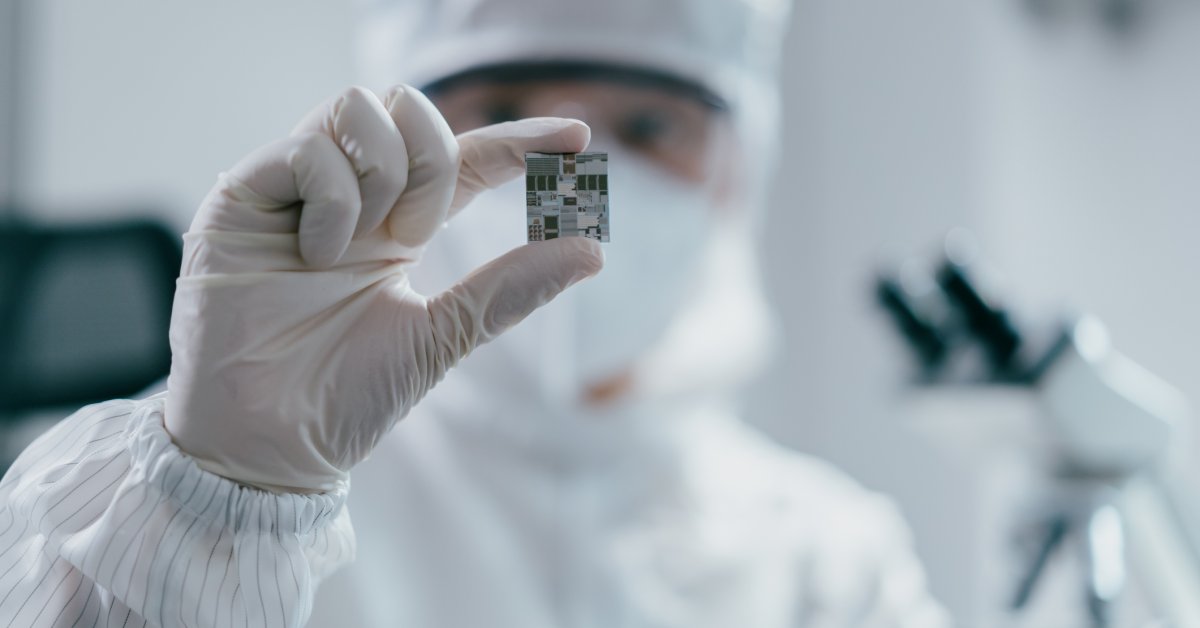Artificial intelligence has the potential to provide numerous benefits to society, but it also comes with the risk of being used for harmful purposes. As a general-purpose technology, AI can be used for scientific advancement as well as the development of weapons. Governing AI will require sharing its benefits while preventing bad actors from accessing the most powerful AI tools. Drawing from the example of how nations regulated access to nuclear materials to prevent proliferation, countries can establish a similar framework for AI by controlling access to the specialized chips needed to train advanced AI models.
In the 20th century, international institutions were created to allow the peaceful use of nuclear energy while preventing the spread of nuclear weapons. Through agreements like the Nuclear Non-Proliferation Treaty and oversight by organizations like the International Atomic Energy Agency, the risk of nuclear proliferation has been managed effectively. Similarly, regulating access to the specialized computer chips used to train advanced AI models can help prevent the misuse of AI technology for harmful purposes.
Business leaders and U.N. Secretary-General António Guterres have called for an international governance framework for AI that mirrors the regulations in place for nuclear technology. The most advanced AI systems rely on highly specialized computer chips that are difficult to produce and require large quantities to train AI models effectively. By establishing a regulatory regime that controls access to these chips, governments can prevent the misuse of advanced AI technology by unauthorized actors.
The production and distribution of advanced computer chips used in training AI models are tightly controlled by a limited number of providers. By limiting access to these chips to authorized computing providers, governments can prevent the proliferation of powerful AI systems. Additionally, regulating the supply chain of these chips can help ensure that they are only used for legitimate purposes and not for developing weapons or engaging in malicious activities.
Overall, creating a regulatory framework for controlling access to specialized computer chips used in training advanced AI models can help prevent the misuse of AI technology for harmful purposes. Drawing from the successful example of nuclear technology regulation, countries can collaborate to establish international agreements and oversight mechanisms to govern the development and use of AI. By sharing the benefits of AI technology while safeguarding against its potential risks, society can harness the power of AI for positive advancements while minimizing its negative consequences.









